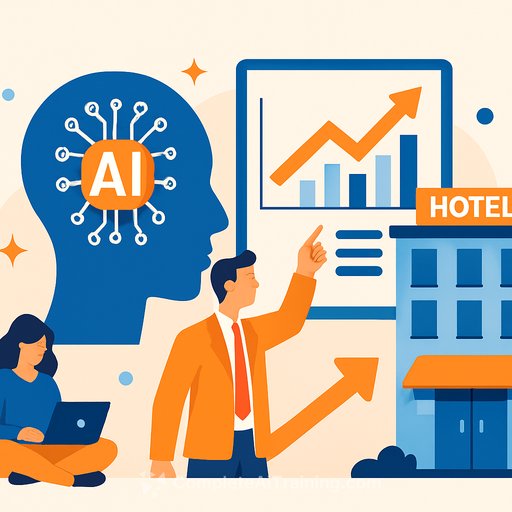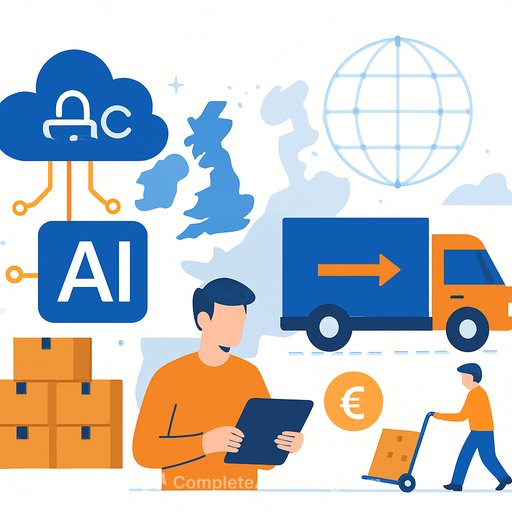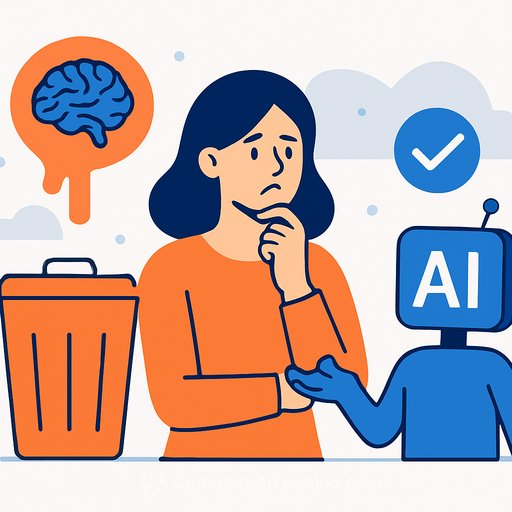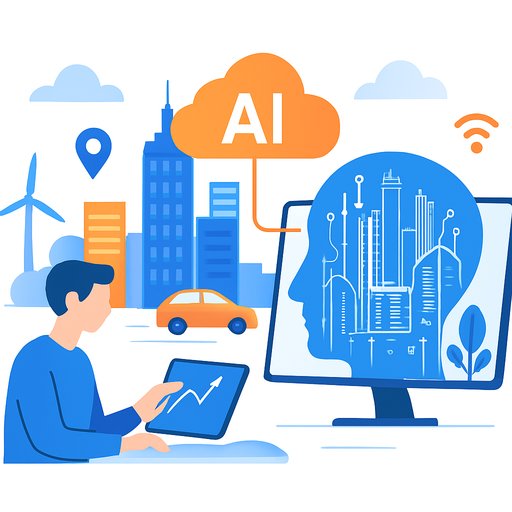How to Disrupt Your Hotel Market with AI and Blue Ocean Strategies
Red Oceans, Blue Horizons: A New Era for Hotels
Picture two hotels side by side. Both offer rooftop pools, stylish lobbies, and good coffee. Yet one struggles financially while the other thrives—not by doing more, but by doing things differently.
The successful hotel doesn’t compete on price or amenities; it operates in its own Blue Ocean, where competition doesn’t matter. Most hotels today are stuck in the Red Ocean—constantly undercutting each other, chasing OTA bookings, and slashing prices.
But with AI reshaping how value is created, 2025 offers a unique chance to step out of that chaos and claim a market space you control. This article provides a straightforward, practical guide to disrupting your hotel market using AI alongside Blue Ocean Strategy—without compromising your team, values, or guest experience.
What is Blue Ocean Strategy?
Blue Ocean Strategy, coined by W. Chan Kim and Renée Mauborgne, is about making competition irrelevant by creating new value curves. Instead of fighting over existing demand, you tap into uncharted market space.
The strategy is based on four key actions, known as the ERRC Framework:
- Eliminate factors that no longer add value
- Reduce investments in areas that are over-delivered
- Raise elements customers truly care about
- Create new experiences that didn’t exist before
The strategy canvas is a tool that helps you visualize how your hotel stacks up against industry norms and where you can diverge to find your Blue Ocean.
citizenM Hotels: A Leading Example of Blue Ocean Strategy
citizenM, a Dutch hotel brand, disrupted traditional hospitality by breaking industry conventions:
- Eliminated: Bellhops, concierges, oversized rooms
- Reduced: Front desk staff, decorative extras
- Raised: Sleep quality with XL king beds, design, technology
- Created: Self-check-in kiosks, vibrant social spaces, mood-controlled lighting
They targeted design-conscious, budget-savvy travelers who value experience over tradition. Instead of chasing luxury or budget segments, citizenM carved out its own market and filled it.
AI: The Ultimate Blue Ocean Catalyst
Artificial Intelligence goes beyond automation—it enhances creativity, empathy, and personalization. Here are examples of AI changing the hospitality landscape:
- Zedwell / Criterion Hospitality (UK)
AI-powered check-in kiosks cut check-in times to under 3 minutes. Their chatbot manages guest requests 24/7 in multiple languages, leading to leaner staffing and higher guest satisfaction in a competitive market. - Henn na Hotel (Japan)
This robotic hotel uses AI front-desk agents, AI dinosaurs to greet kids, and facial recognition for room access. With fewer than 10 human staff per location, they maintain nearly 90% occupancy at under $100 per night. It’s about efficiency and unique experiences, not gimmicks. - HotelPlanner.com: AI Travel Agents at Scale
Training AI on 8 million calls, HotelPlanner.com launched voice-based AI agents handling over 40,000 calls monthly. In the first month alone, AI generated £150,000 in bookings, targeting personalized, voice-first travel planning at scale without human burnout.
Energy, Reviews, and Reputation: Where AI Quietly Wins
Not all AI improvements are flashy. Some of the biggest gains happen behind the scenes:
- AI Energy Forecasting
Machine learning models predict energy consumption with over 97% accuracy, enabling hotels to shift energy loads, reduce peak usage, and meet sustainability targets. - Review Intelligence
AI analyzes thousands of reviews quickly, revealing what guests truly value. For example, sentiment analysis may show guests prioritize quiet rooms over spa services, informing marketing, staffing, and design decisions—smart Blue Ocean thinking.
The Pitfalls: Ethics, Bias, and the Human Element
AI’s use isn’t without risks. Recent controversies include airlines and rental companies charging wildly different prices to similar customers using AI-driven pricing models. Such practices can erode trust.
Marriott faced backlash when AI-driven upgrades favored last-minute payers over loyal members. Hotels using sensors to monitor guests for smoking faced complaints about false positives and over-policing.
AI must be transparent, fair, and respectful. That means:
- Clear communication on AI use
- Opt-in personalization options
- Easy access to human support when needed
AI should support and augment human staff, not replace or surveil them. Maintaining this balance is key.
Three Moves to Disrupt Your Market
Ready to make your move? Start here:
- Redraw Your Strategy Canvas
List all major factors in your and competitors’ offerings—amenities, services, marketing, loyalty programs. Decide what to eliminate, reduce, raise, or create with AI. This will map your path to a new market space. - Begin with Small AI Pilots
Focus on real pain points: chatbots for direct bookings, smart pricing, automated energy management, voice-controlled room functions or upsells. Avoid chasing shiny AI tech without purpose. - Appoint an AI Champion
This person bridges AI technology with daily operations, ethics, and guest experience. Emotional intelligence and cross-department collaboration matter more than tech skills alone. They become the core driver of your transformation.
Final Thoughts: You Are the Strategy
Innovation starts with mindset and courage—not just software. AI equips you with tools. Blue Ocean Strategy gives you direction. But you’re the one steering the course.
Disruption isn’t about technology alone. It’s about rethinking what’s possible and refusing to play by old rules. It’s about inventing a new game that fits your vision.
For those looking to expand AI skills practically, consider exploring tailored courses and resources at Complete AI Training.
Your membership also unlocks:






